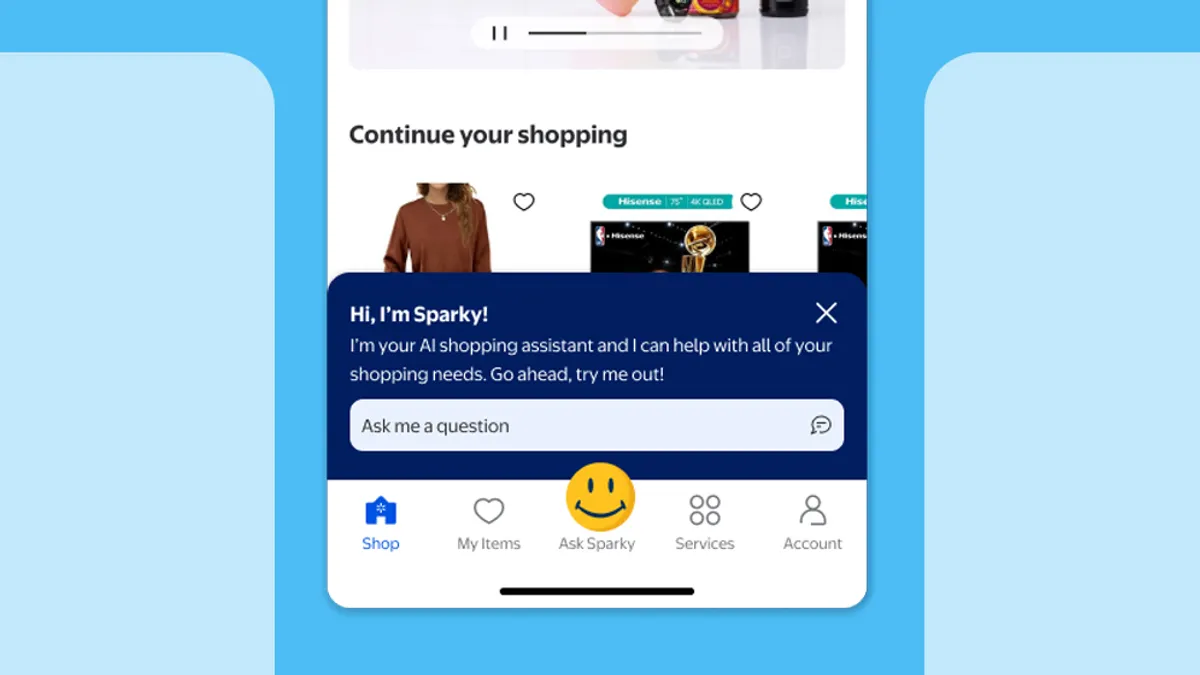If you’re a finance leader considering an offer to join an early-stage startup, focus first on the team rather than the brilliance of the idea if you’re unsure about the company’s prospects. This is a prime takeaway from a virtual SaaStr panel discussion on how vertical SaaS companies grow into $1 billion businesses.
"Ideas are a dime a dozen," said Trisha Price, chief product officer of nCino, a cloud-based platform for online banking services launched in 2012 that serves 1,100 global customers.
When nCino launched, there was no software focusing exclusively on online banking, so it was crucial to have tech talent that could design and build a platform that could do more than just improve on the traditional banking experience; it had to disrupt the industry to get people to move online, she said.
"What the customer cares about is, 'Am I approved? When do I get my money?'" Price said. "We had to help banks do that quicker, and do it at scalability… It requires ingenuity in how you code and create a product."
It’s not a good sign, at least in the vertical SaaS space, if the tech talent is narrowly focused on the vertical — online banking, say — or the core platform, such as Salesforce. It's far more important for the talent to be creative, otherwise the platform is unlikely to scale.
Price called it the faster horses problem. "They know how to automate processes that already exist at a bank, but that's not going to disrupt an industry," she said.
When she hired programmers to develop the platform, she looked for three kinds of talent: 1) technical experts, 2) people with deep domain experience and 3) creative thinkers.
With that mix, she had people who had technical chops, understood the industry, and brought ingenuity to design the code in a way that made it flexible to meet whatever needs users could ask for later.
"If you have those creative people, you can figure out how to solve a customer problem" without creating a one-off fix no other customer would use, she said.
Filling the bus
David Schmaier, CEO of Salesforce Industries and founder of Vlocity, a SaaS platform for several industry verticals, said he pulled together his team before he even decided on what to build.
"The team is probably the most fundamental step," he said. "You want to get the right people on the bus, then figure out where you want to get the bus to."
With the tech team on board, he identified the verticals to compete in — utilities, insurance, communications, among others — and chose Salesforce as the platform on which everything would be built. Once those pieces were in place, it took only two meetings to get the company’s lead investor lined up: Salesforce.
"Because we had a strong team that had done this before, we were able to very quickly do the fundraising," he said. "I don't think that’s normal. I wouldn't expect that to be the typical process."
Salesforce was the logical place to look for a lead investor, because the verticals would be built on the Salesforce platform, he said. The startup brought in a second investor once development got underway.
Should you join?
The focus on team talent provides a roadmap for those considering joining an early-stage SaaS vertical startup and are uncertain about the company's prospects. If the people involved in product design and execution are too narrowly focused on either the vertical or the core platform, the product might prove a bad fit for the market.
What's more, the team has to demonstrate a willingness to do whatever it takes, once the platform's been built, to ensure the first customer to use it succeeds. Otherwise the business can't move forward.
"The hardest customer to sell is your first one," Schmaier said. "The second hardest to sell is your second one. The first four or five have to be 100% successful and they have to be references to scale your business, so you can't take a customer on and not make them successful. Failure is not an option. It really takes everybody in the company to be all-in."
In other words, if the startup has the right mix of team talent and they're prepared to ensure early customers succeed, there's a plausible chance of growing into a billion-dollar business. That might be a good company to say yes to if they want you as their CFO.






















